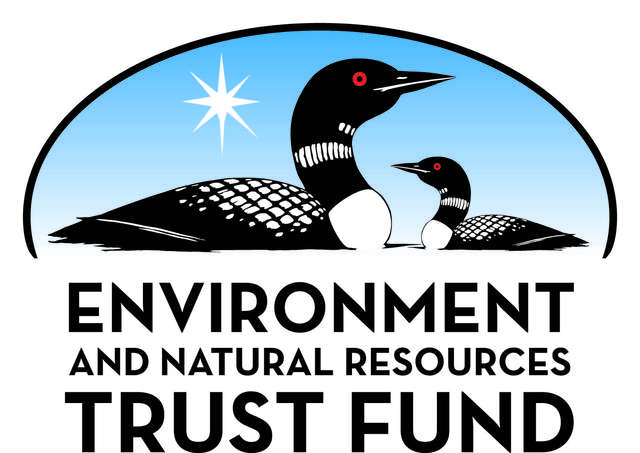Top > Professional Development > Instructional Strategies for the New Science Standards
 |
MnSTA sponsored - Instructional Strategies for the New Science Standards
K-12 Educators
Learn the pedagogy associated with the 2019 K-12 Minnesota Science Standards and ways to prepare to teach the standards. Science educators are encouraged to attend.
Date: Aug. 17, 2020 ??!! Stay tuned for further info here!
Time: 8:30 a.m. - 3 p.m.
Location: Sourcewell
Cost (based on MnSTA Membership):
$25 per person for current MnSTA members;
$35 per person for Pre-service students (includes $10 MnSTA Pre-service Student fee);
$40 per person for First Year Teachers (includes $15 MnSTA First Year Teacher fee);
$40 per person for Retired Teacher (includes $15 MnSTA Retired Teacher fee);
$50 per person for Basic Members (includes $25 Basic MnSTA fee);
Lunch is provided
Materials to bring: Laptop
Prerequisite: None
CEUs: Teacher CEU
Learning objectives:
- learn about the pedagogy associated with the new standards
- network with area educators
- utilize resources specifically designed for three-dimensional learning
Description:
In this workshop, we will explore some of the significant changes between the 2009 and 2019 Minnesota science standards. Among the changes is the instructional shift from students learning about science content to students engaging in the practices of science to figure out something puzzling, either regarding the natural or the designed world. The workshop will conclude with a look at some of the resources that are available to support Minnesota teachers as they tackle the shift to 3-dimensional teaching and learning.
About the leader:
Mary Colson is an eighth-grade earth science teacher at Horizon Middle School in Moorhead, Minn. She was co-chair of the 2019 MN Science Standards Review Committee, served as a member of the NGSS writing team, has served on NSTA’s Council of District Directors, and is a former president of the Minnesota Science Teachers Association. Mary is coauthor of the NSTA Press Book Learning to Read the Earth and Sky: Explorations Supporting the NGSS.
More information and Registration









 Minnesota science teachers should know about:
Minnesota science teachers should know about: